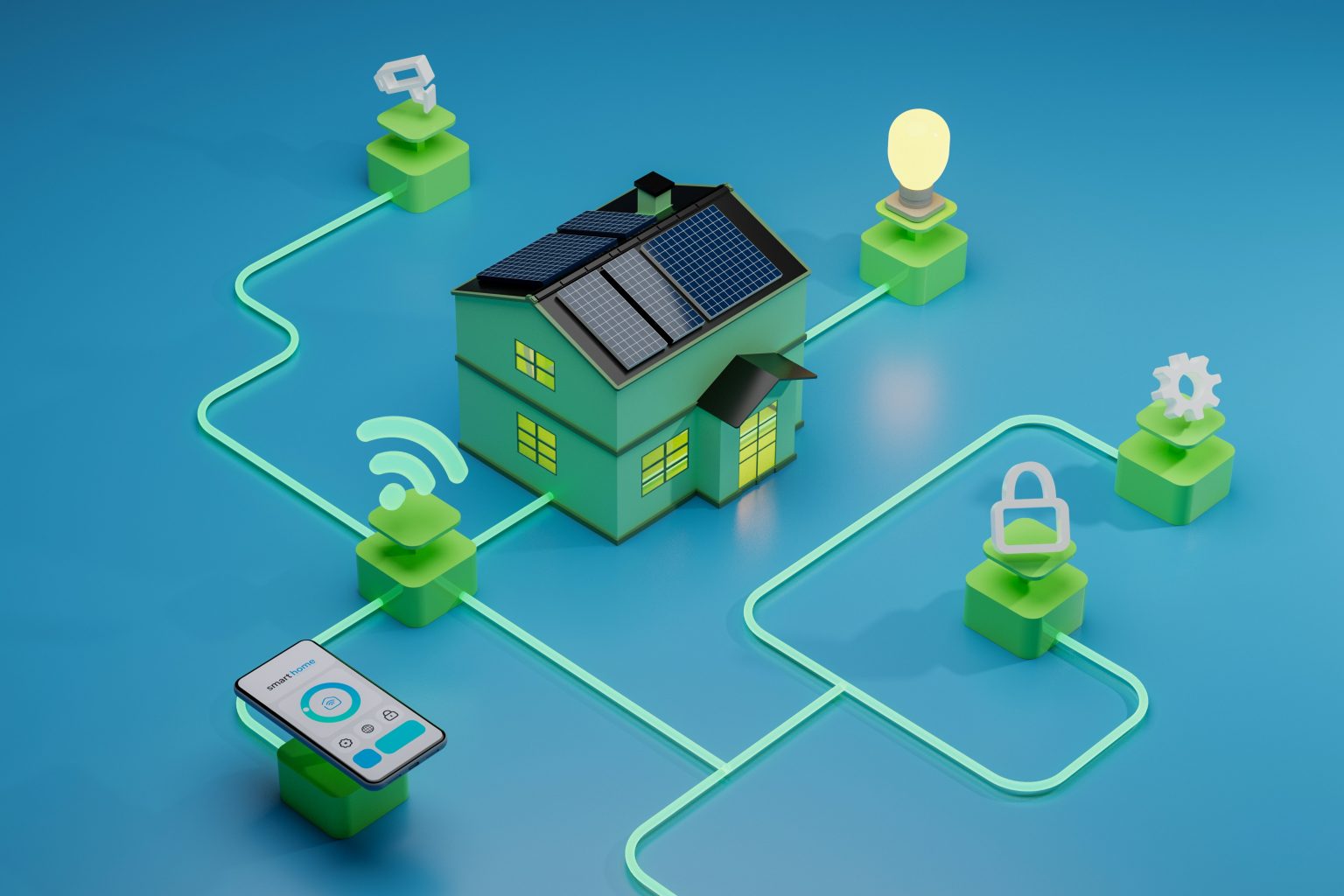Energy prices keep going up, and loads of us are starting to feel the pinch in monthly bills. We’ve created this article to give you some practical tips that’ll help you combat rising energy costs:
Optimise Your Home Insulation:
Proper insulation will make your home naturally warmer in winter and cooler in summer. Meaning you can spend less on heating and aircon.
- Seal Air Leaks: Check for drafts around windows, doors, and other openings. Use weatherstripping or caulk to seal these gaps and prevent air leakage.
- Upgrade Attic Insulation: Make sure your attic is well insulated. This can prevent heat from escaping through the roof, a common source of energy loss.
Embrace Smart Technology
Smart meters mean that you’ll always have accurate bills (rather than estimates) and also allow you to see exactly how much energy you’re using – giving you better control over your consumption.
Pick up Energy-Efficient Habits
Small changes in your daily routine can add up to significant savings over time.
- Unplug Electronics: Many devices consume power even when turned off. Unplug them or use power strips to cut off electricity completely when not in use.
- Use Natural Light: Maximise the use of natural light during the day to reduce reliance on artificial lighting.
- Adjust Your Thermostat: In winter, lower your thermostat by a few degrees and wear warmer clothing. In summer, set it slightly higher and use fans to circulate air.
Upgrade to Energy-Efficient Appliances
Investing in energy-efficient appliances can lead to substantial long-term savings.
- ENERGY STAR Certified Products: Look for appliances with the ENERGY STAR label, which consume less energy than standard models.
- LED Lighting: Replace old incandescent bulbs with LED lights, which use up to 75% less energy and last much longer.
- Use technology to save on energy bills: Mobile apps can provide insights into your usage patterns and offer tips for reducing your bills. For example, the Utility Warehouse app allows you to save on energy bills by monitoring your consumption, setting budgets, and receiving tips on how to reduce usage. By staying informed about your energy habits, you can make smarter decisions and cut down on unnecessary costs.
Consider Renewable Energy Sources
Investing in renewable energy can lead to significant long-term savings and contribute to a green initiative.
- Solar Panels: According to a feature by Solar Power Portal, solar energy can significantly lower your energy bills, making it a viable long-term solution for many households.
- Heat Pumps: These systems can be more efficient than traditional heating and cooling methods, especially in moderate climates
- Participate in a Green Initiative: Consider joining a green initiative to offset your carbon footprint and contribute to a more sustainable future. Programs like tree planting and carbon offsetting can help balance out your energy use, while also supporting environmental conservation efforts.
Regular Maintenance
Keeping your home’s systems in good working order can prevent energy waste.
- Heating, ventilation, and air conditioning (HVAC) Maintenance: Make sure to get your heating and cooling systems regularly checked out, so that they are as efficient as possible.
The wider impact of energy consumption
It’s essential to recognise the broader implications of energy consumption, including external costs such as environmental damage and health impacts. According to Ofgem, rising gas prices have significantly increased household energy bills, with a typical household’s energy bill expected to rise again in October. By being aware of these factors, you can make more informed decisions about your energy use and its impact on the environment.
Keeping on top of your energy use is always useful, but it’s even more important in winter, as bills start going up. Hopeful this guide has given you some useful insights into saving some money and helping the environment.



